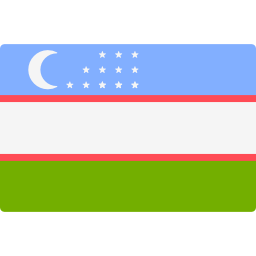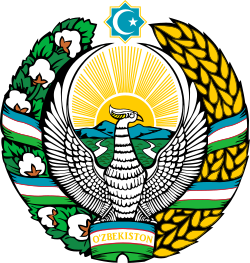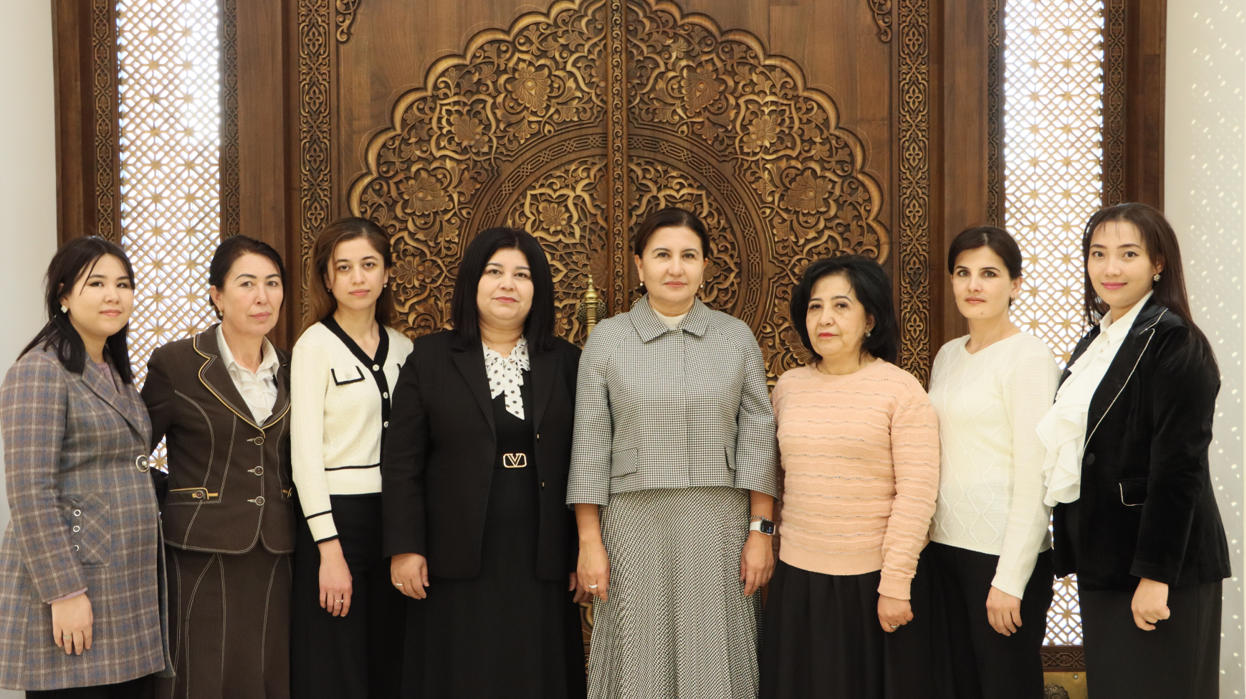
The Department of Mother Tongue and Literature Education was established in 2023 as part of the Faculty of Mother Tongue and Literature Education. The main activities of the department include effective teaching of Uzbek language and literature to students at various educational levels, preparing pedagogical staff at the level of international standards, and contributing to the improvement of the quality of education based on this.
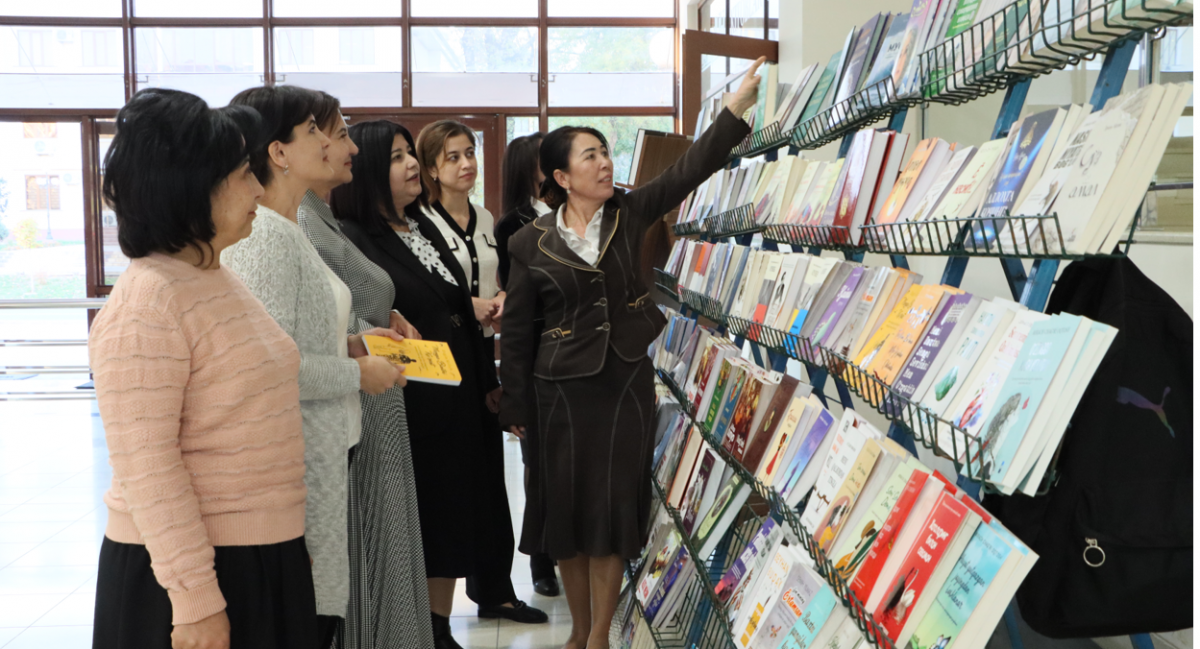
5 professors who have the academic levels teach in this department. Among them, 3 have a Doctor of Science degree in pedagogy (DSc), and 2 have a Doctor of Philosophy degree in pedagogy (PhD).
The Head of the Department: Doctor of Philosophy in Pedagogy (PhD), docent Mavlonova Klaraxon Maxmutovna.
- Scientific potential of the department: 45%.
- Specializations and specialties taught by the department:
- For Bachelor's degree programs:
- 5111200 - Uzbek language and literature.
- 60111400 - Uzbek language and literature (daytime).
- 60111400 - Uzbek language and literature (evening).
- For Master's degree specialties:
- 70111401 - Uzbek language and literature.
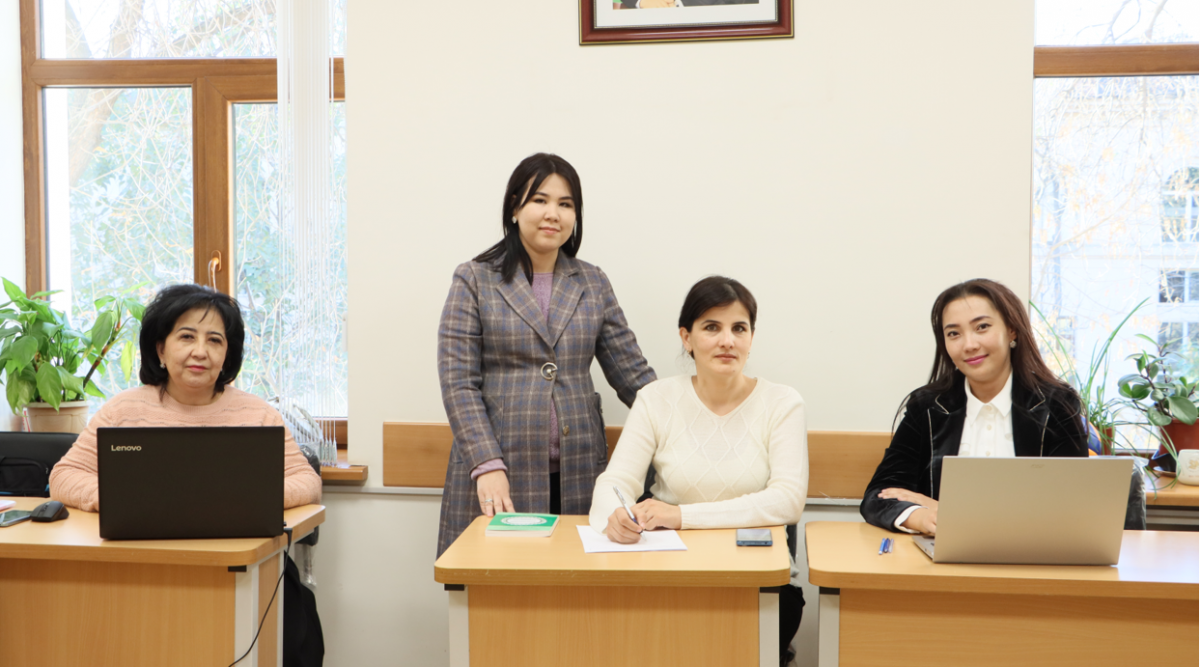
The main directions of research of the department are as follows:
Teaching methodology of the mother tongue - introducing students to theoretical issues of teaching methodology of the mother tongue (concepts, theories and their evidence, methods for solving practical issues in the field, etc.), identifying the content and objectives of the main issues studied in the field, providing information about the didactics and methodology of the mother tongue, and developing professional competence related to how to teach the mother tongue as a subject. At the same time, it serves to help students think logically, draw scientific conclusions, shape the skills to solve theoretical and practical issues in teaching methodology of the mother tongue.
Foundations of Assessment Theory - introducing students to the latest theoretical approaches and practical issues in the assessment process in philological education. In addition, by teaching the foundations of assessment theory and practice, it helps to shape the concept, tools, methods, and techniques for assessing content, tools, methods, and textbooks in mother tongue and literature education.
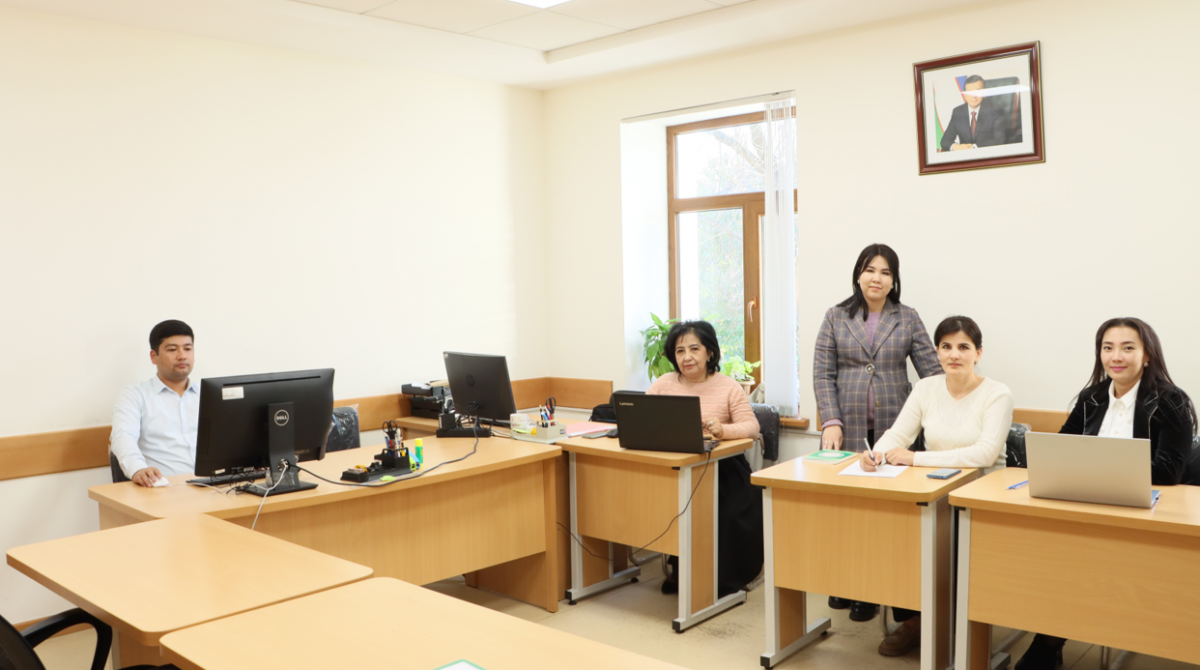
The foundations of scientific research related to teaching languages- include introducing to the students the modern scientific research methods in language education. Furthermore, it provides the students with an opportunity to get knowledge about conducting a research by teaching the main issues based on scientific research.
Foundations of Language Didactics - Master's degree - Shaping and Developing the Analytical Capacity to Analyze Processes Related to Language Teaching Theory, Linguistics, and Didactic Integration in Students.
Teaching Methodology for Special Subjects - Familiarizing Master's students with the nature of subjects in the field of language and literature, their unique features in teaching, methods of solving practical issues in the field, and others) at various stages of education, defining the content and scope of the main Issues studied in the field, as well as developing students' logical thinking, scientific reasoning, and the skills to solve theoretical and practical problems in the field.

Teacher's speech culture - providing close assistance to teachers and educators engaged in education and upbringing of the young generation, in their development as competent professionals who can express their thoughts freely, correctly, expressively, logically, and eloquently.
Foundations of developing speech skills - involves familiarizing students with methodologies aimed at enhancing their oral and written communication, reading comprehension, and listening comprehension skills.

